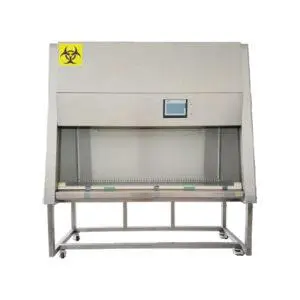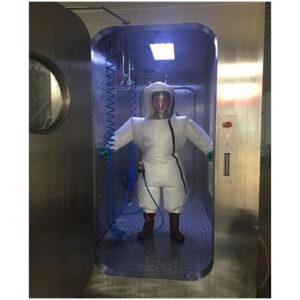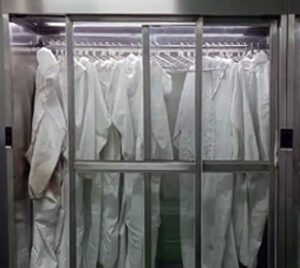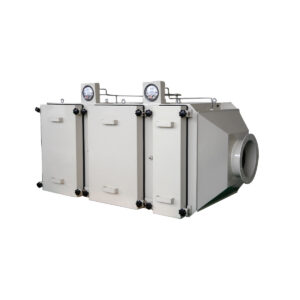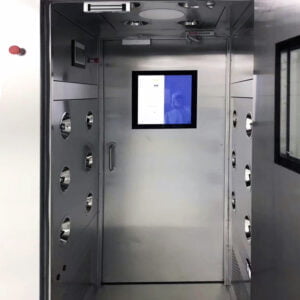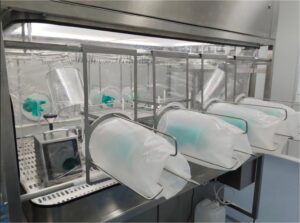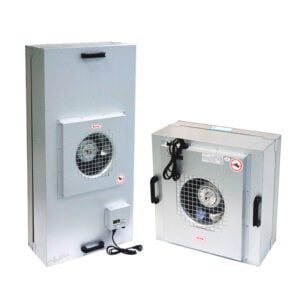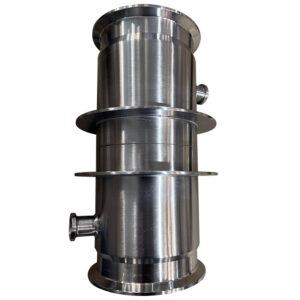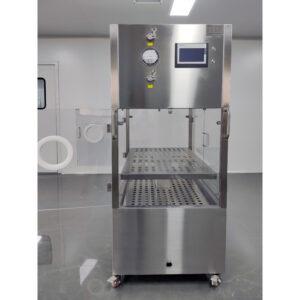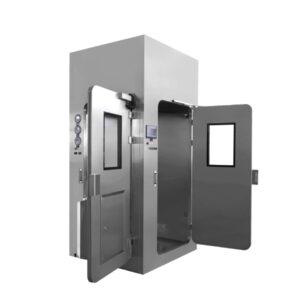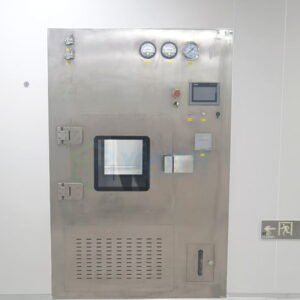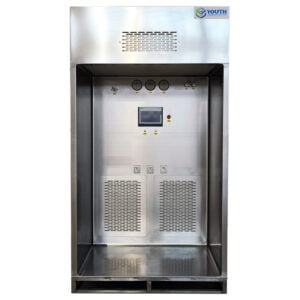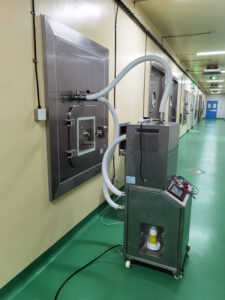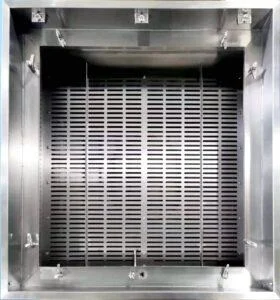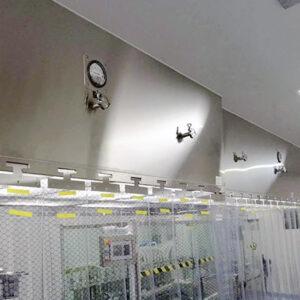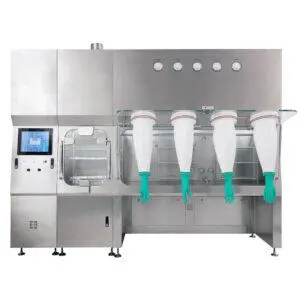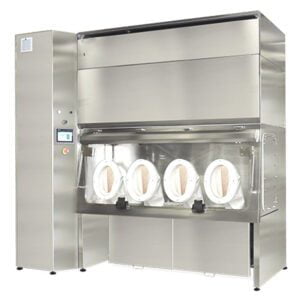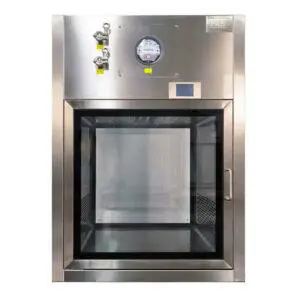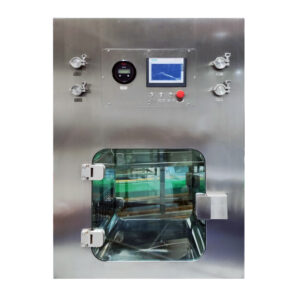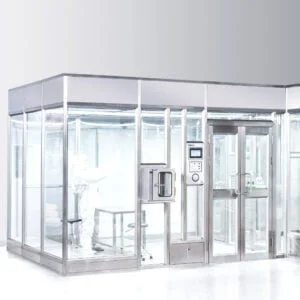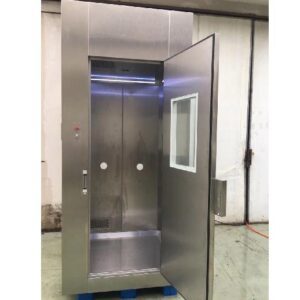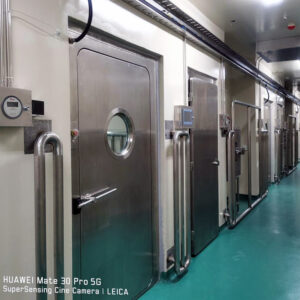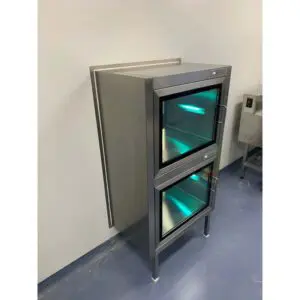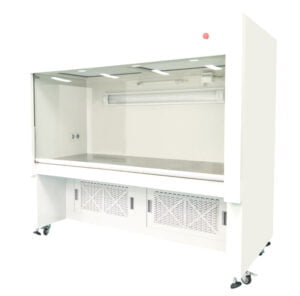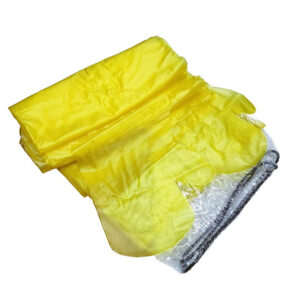
Cleanrooms play a crucial role in numerous industries, ensuring that the air quality meets strict standards. These controlled environments require effective filtration systems to remove particles and contaminants. Two commonly used filters in cleanrooms are HEPA (High-Efficiency Particulate Air) and ULPA (Ultra-Low Particulate Air) filters. In this article, we will explore the main differences between these two filtration technologies and shed light on their specific applications.
Understanding HEPA Filters
HEPA filters are renowned for their efficiency in capturing particles from the air. HEPA stands for High-Efficiency Particulate Air, and these filters are designed to remove 99.97% of particles that are 0.3 microns in size or larger. This impressive efficiency makes HEPA filters ideal for a wide range of applications, including pharmaceutical manufacturing, hospitals, laboratories, and electronics production. They effectively trap allergens, dust, bacteria, and other airborne contaminants, ensuring cleaner air in controlled environments.
Exploring ULPA Filters
ULPA filters take filtration to the next level by offering an even higher level of particle capture. ULPA stands for Ultra-Low Particulate Air, and these filters have a minimum efficiency of 99.999% for particles as small as 0.12 microns. This exceptional filtration capability makes ULPA filters crucial in industries where the utmost cleanliness is required, such as semiconductor manufacturing, nanotechnology research, and biotechnology. ULPA filters effectively remove viruses, nanoparticles, and other microscopic particles that can be detrimental to sensitive processes and products.
Comparing HEPA and ULPA Filters
While both HEPA and ULPA filters are designed for high-efficiency particle removal, there are key differences between the two. The primary differentiating factor lies in the size of particles they can capture. HEPA filters excel in capturing particles that are 0.3 microns or larger, while ULPA filters go a step further and can capture particles as small as 0.12 microns. This enhanced filtration efficiency makes ULPA filters more suitable for industries that require an ultra-clean environment, where even the tiniest particles must be eliminated.
Benefits of Choosing the Right Filter
Selecting the right filter for a cleanroom environment is essential for maintaining air quality and safeguarding sensitive processes and products. By choosing HEPA or ULPA filters based on the specific requirements of the industry, several benefits can be achieved.
- Firstly, the proper filtration system helps in maintaining a clean and healthy environment. HEPA and ULPA filters effectively remove particles, allergens, and contaminants from the air, ensuring that employees, patients, or researchers are not exposed to harmful substances. This is especially critical in industries such as pharmaceutical manufacturing, where maintaining a sterile environment is paramount.
- Secondly, the right filter choice protects sensitive processes and products. In industries like semiconductor manufacturing or nanotechnology research, where even a minuscule particle can cause significant damage, ULPA filters with their higher filtration efficiency play a vital role. These filters prevent the introduction of particles that could compromise the quality and reliability of delicate electronic components or advanced materials.
- Lastly, filter selection involves considering cost considerations. While ULPA filters provide a higher level of filtration, they are also more expensive compared to HEPA filters. It is crucial to assess the specific needs of the cleanroom environment and strike a balance between filtration efficiency and cost-effectiveness. For industries where a lower level of filtration suffices, HEPA filters may be a more practical choice.
In conclusion, understanding the main differences between HEPA and ULPA filters is crucial when it comes to selecting the appropriate cleanroom solution for specific industries. HEPA filters excel in capturing particles that are 0.3 microns or larger, while ULPA filters offer an even higher filtration efficiency, capturing particles as small as 0.12 microns. The choice between HEPA and ULPA filters depends on the industry’s requirements, cleanroom classifications, and the need to balance filtration efficiency with cost considerations.
YOUTH, as a provider of comprehensive cleanroom solutions, understands the importance of selecting the right filter for cleanroom environments. With our expertise and range of high-quality filters, we can help businesses in various industries achieve optimal air quality and maintain the integrity of their processes and products. Contact YOUTH today to explore how our cleanroom solutions can meet your specific needs and ensure a clean and controlled environment for your operations.
Related Contents:
- Bag-In/Bag-Out (BIBO) Systems: Operation and Maintenance Guide
- Ranking the Best “Cleanroom” Air Filter Brands of 2023
- What are Gel Seal Mini-Pleat HEPA Filters and How to Make the Right Choice?
- Understanding the Mechanics of Fan Filter Units: A Detailed Guide
- Selecting the Right Fan Filter Unit for Your Cleanroom Needs
- How to choose FFUs and AHUs?
- Fan Filter Units: A Comprehensive Solution for Cleanroom Air Purification
- Innovative Fan Filter Units for the Next Generation of Cleanrooms
- Fan Filter Units: Key to Quality Control in Cleanroom Manufacturing Processes


